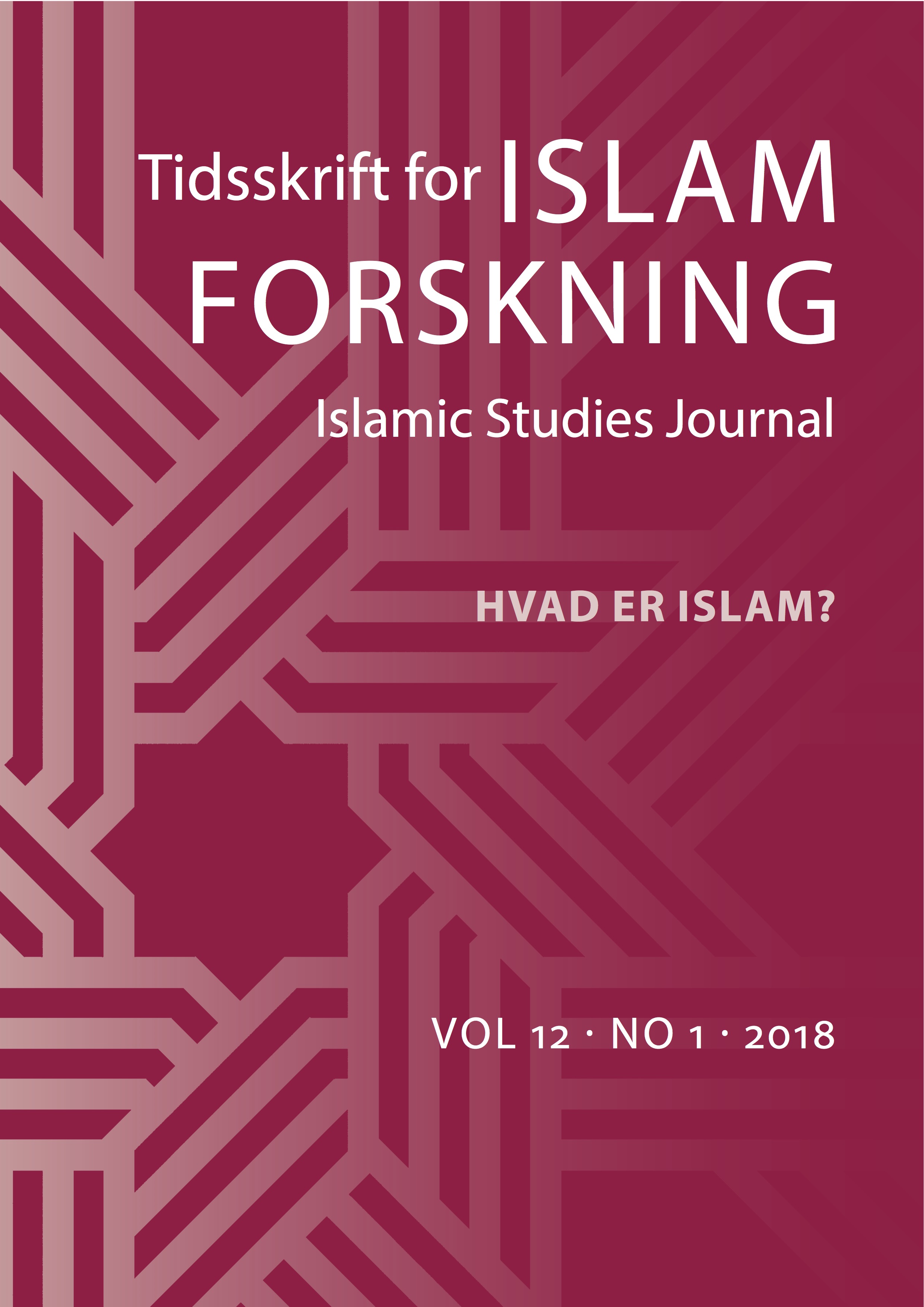Dansk
Dansk
DOI:
https://doi.org/10.7146/tifo.v12i1.109124Keywords:
muslimsk ungdom, muslimske forfattere, selvbiografi, rollemodeller, kvindekamp, patriarkAbstract
This article investigates two types of literary characters created in three Danish biographies written by Muslim women: Rushy Rashid’s Et løft af sløret (2000), Özlem Cekic’ Fra Føtex til Folketinget (2009) and Geeti Amiris Glansbilleder (2016). The first one is the Muslim woman as a role model for gender struggle and the second is the patriarch as being produced by what Muslim debaters has called “the gossip society”. The authors portray the so-called immigrant woman as strong, empowered and admirable, and this makes possible new narratives in which she fights for emancipation rather than being a suppressed immigrant woman. The patriarch is portrayed as a product of the gossip society rather than the maintainer of it and this alters the power dynamics that the authors has been subjected to during their upbringing. That is, the focus switches from the patriarch as a character to the personal relations in the gossip society. Islam plays a marginal role in Rashid’s and Cekic’ biographies and even though Amiri comments a bit more on religion, it is still marginal compared to other themes. None of the authors bestow a formative or determinative role on Islam for the creation of the gossip society. On the contrary, Rashid and Amiri writes that Muslims abuse Islam when they utilize it to maintain the gossip society, which fundamentally contradicts Islamic values while Cekic declares her Islamic values to be common human values.
Downloads
Published
How to Cite
Issue
Section
License

This work is licensed under a Creative Commons Attribution-NonCommercial-ShareAlike 4.0 International License.
Scandinavian Journal of Islamic Studies publish under creative commons license BY-NC-SA.





